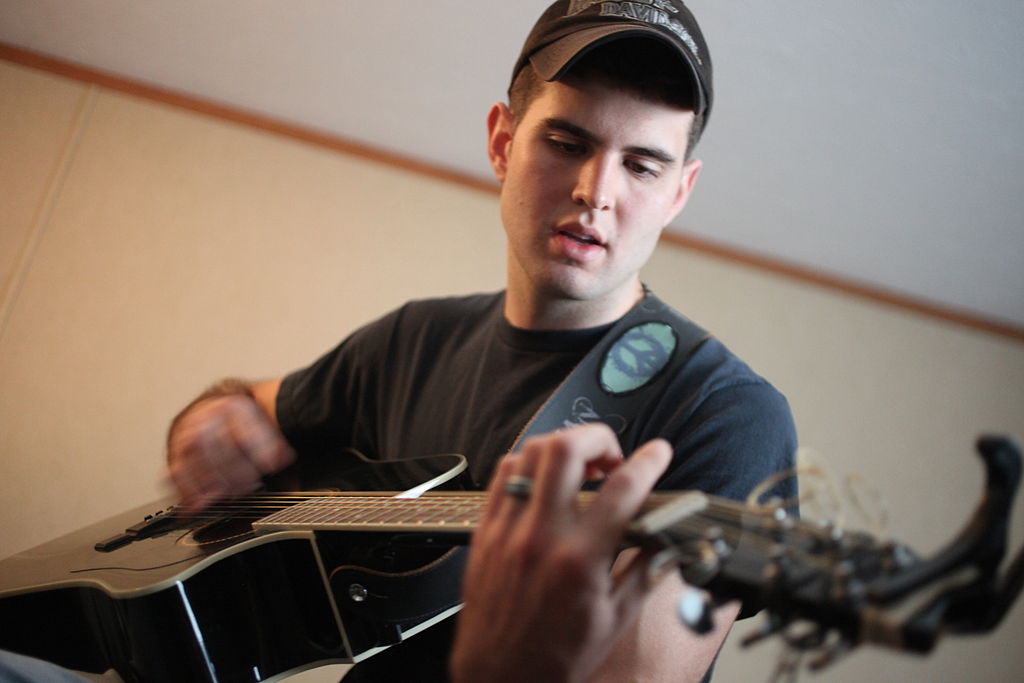What it really means to be a “Practicing Catholic”
A few years ago, before I started this blog and before I seriously started getting into apologetics, I trekked cyberspace for an online Christian community to discuss all matters pertaining to faith. I came across one particular Christian forum (which shall remain nameless) and before learning that is was very, very anti-Catholic and filled with rabid-mouthed fundamentalists, I read their forum disclaimer and the administrators had something to say about Catholicism in particular. Apart from claiming that they believed Catholicism was not Christian, their disclaimer read something like this:
“… we are Christians who believe in the biblical message of Christ and that a personal relationship with Christ is the only way to get to Heaven. We don’t ‘practice’ our faith; we believe that your relationship with Christ is not something that has a set of rules, rituals or is something that is formulaic. We live our faith, preach it and desire others to come to the full biblical truth of the Redeemer, Jesus Christ …”
It’s the middle part that really caught my attention and got me thinking. Up until recently I’ve never really thought about what it truly means to be a “practicing Catholic” and dare I say there would have been a point in my life even as a Catholic that I would have agreed that being “practicing Catholic” meant going to church, receiving the sacraments, and more or less going just through the motions; attending, being present, and ticking boxes. How wrong I would have been; how wrong these fundamentalists are.
You could define “practicing” in terms of doing something frequently or habitually, true, but one someone describes themselves as a “practicing Catholic” without knowing it, they are professing sound deeply profound. I play the guitar and I have played the guitar since I was 12 going on 13 years old, and while the practice has slowed down these days, for years and years I practiced playing the guitar. Why did I practice? Because I wanted to get better.
When a Catholic says they’re a “practicing Catholic” what they really say is that they’re trying to become more like Christ; to be a better Catholic-Christian. Being a “practicing Catholic” means putting your faith into action. When the priest says to the congregation at the end of Mass, “Go forth, the Mass has ended”, “Go and proclaim the Gospel of the Lord” or “Go in peace, glorifying the Lord by your life” he is indeed exhorting you to go out and be a practicing Catholic; to put your faith into action. We are not called to be Catholic-Christians once every week on the Lord’s day, but every day and in every moment in our lives.
We know that “faith without works is dead faith” (James 2:26), so in order for our faith to grow, as exercise strengthens muscles and improves our fitness, faith must be put into action and we must allow ourselves to be led by God’s grace. Christ himself tell us “You, therefore, must be perfect, as your heavenly Father is perfect” (Matthew 5:48) and becoming more Christ-like and Christ to other requires practice. And this we all know, practice makes perfect.
Amen.



No comments:
Post a Comment